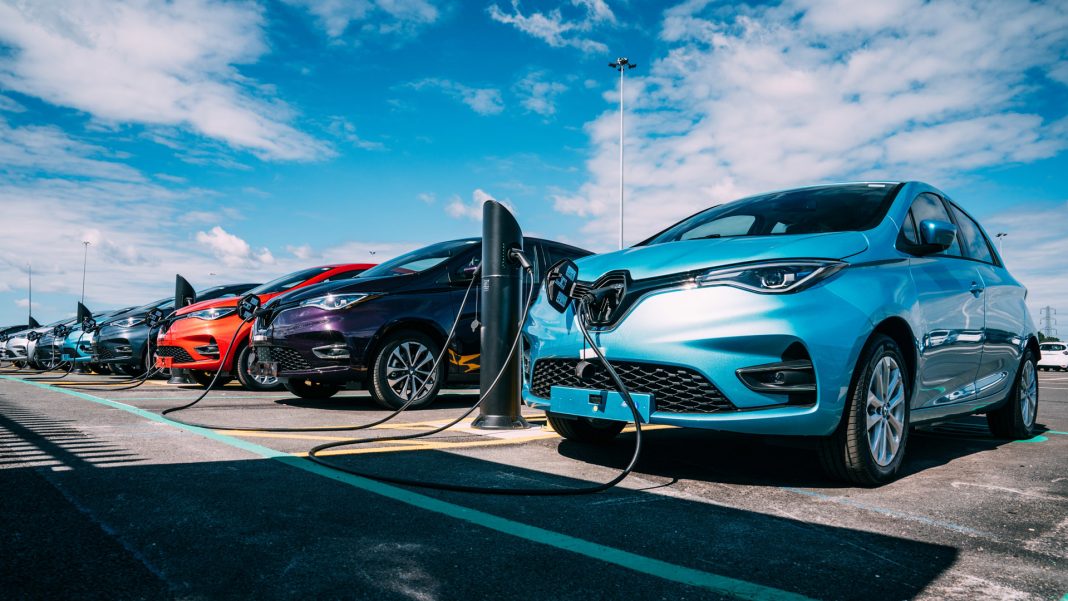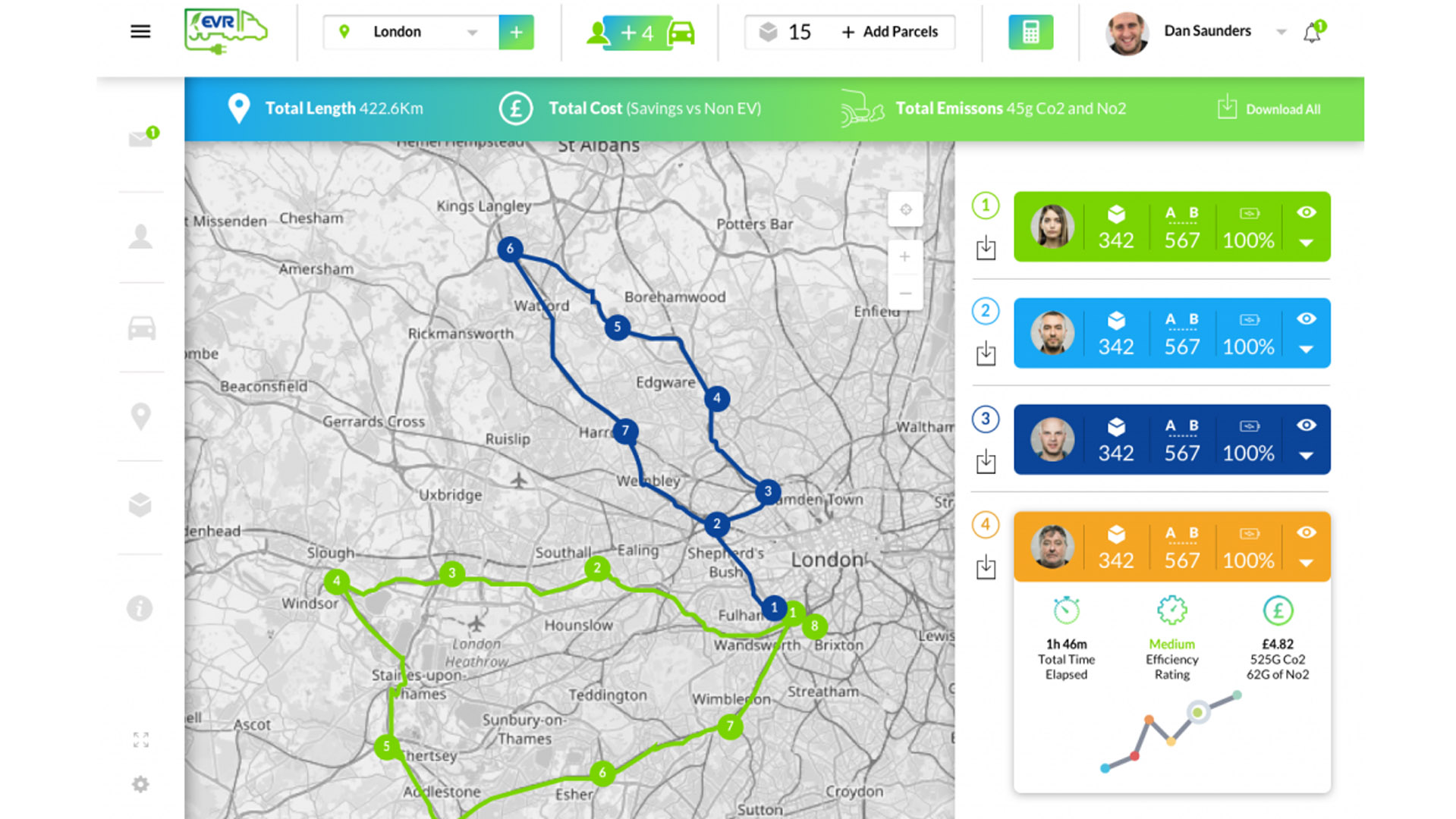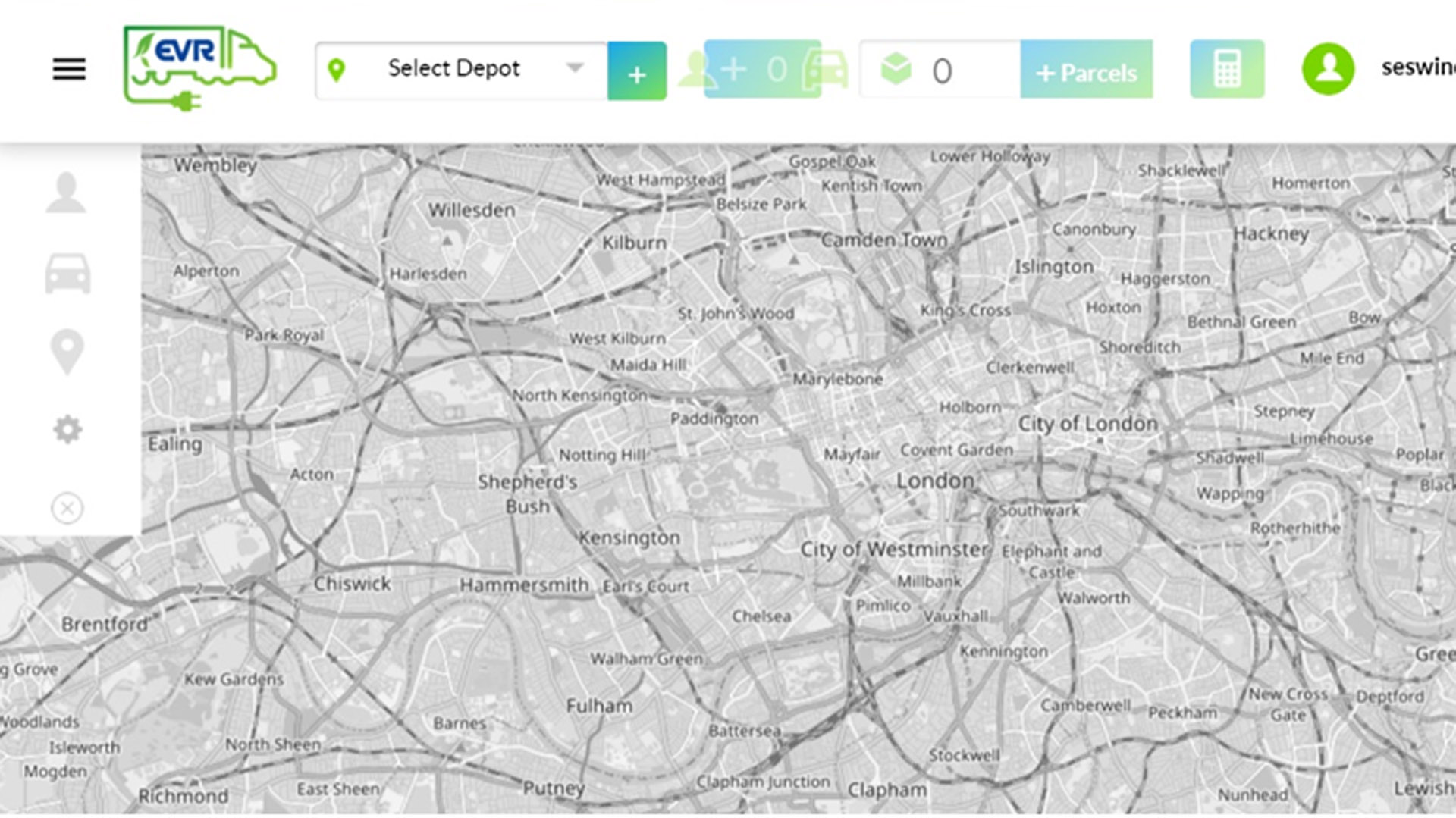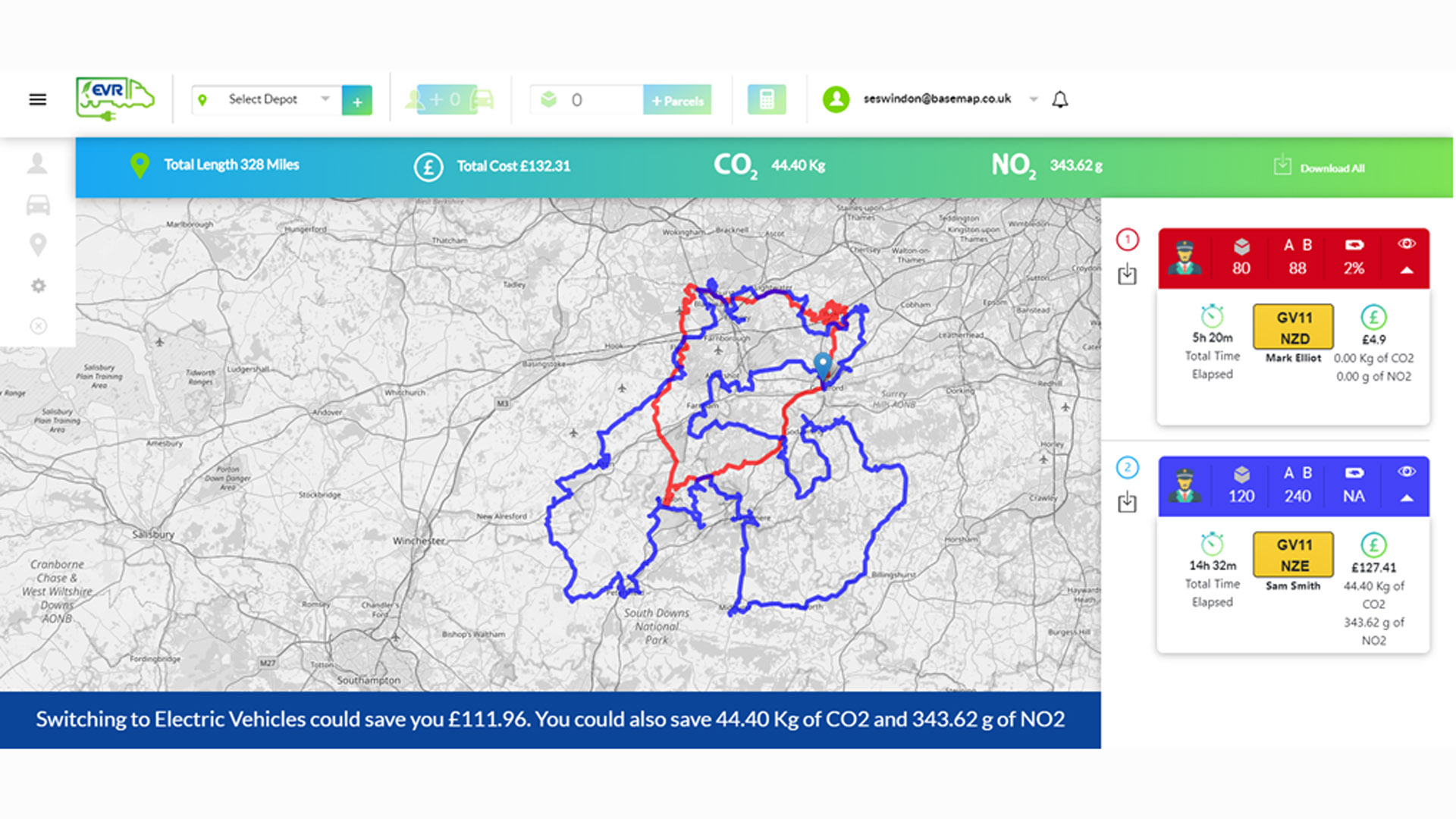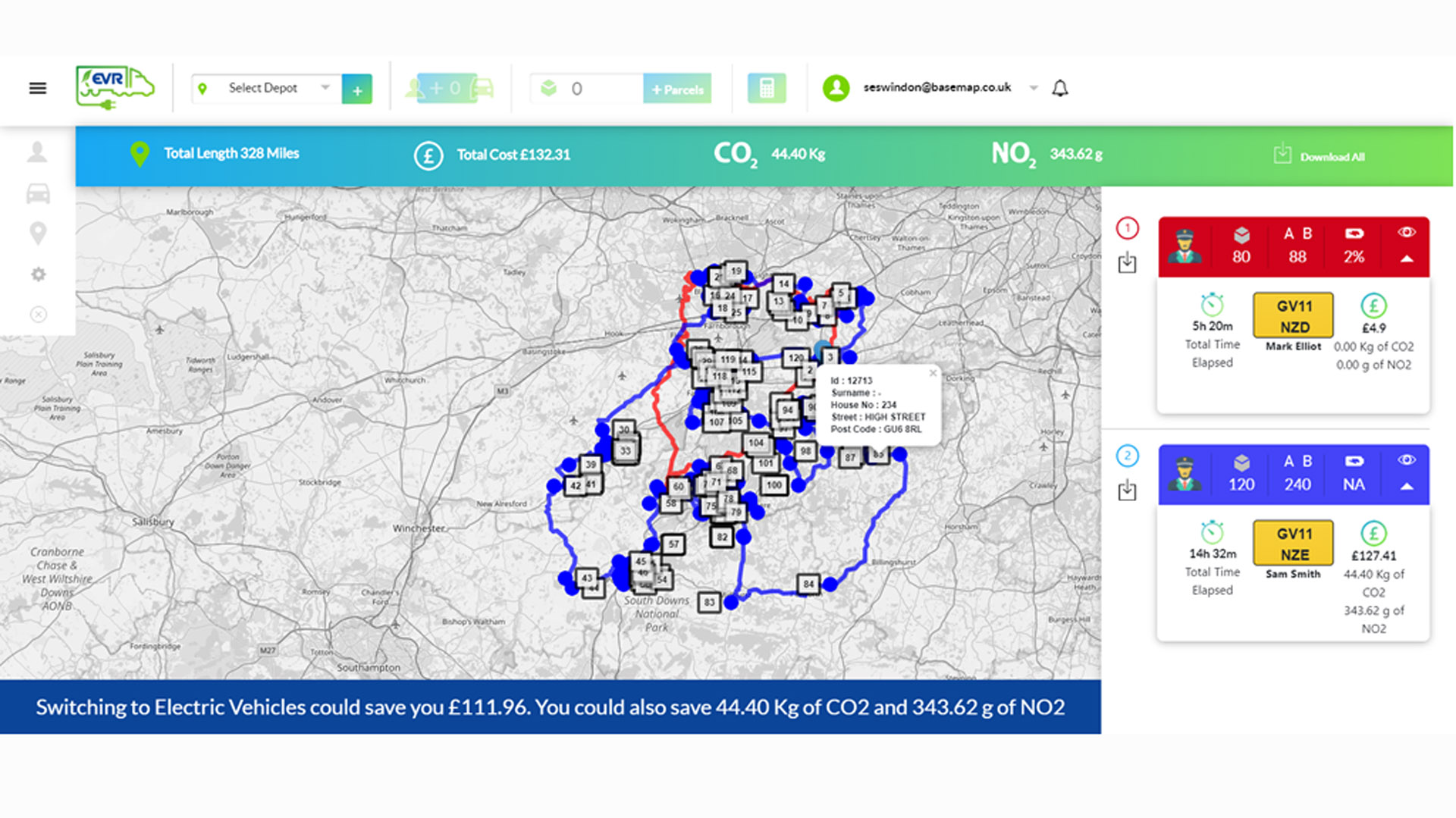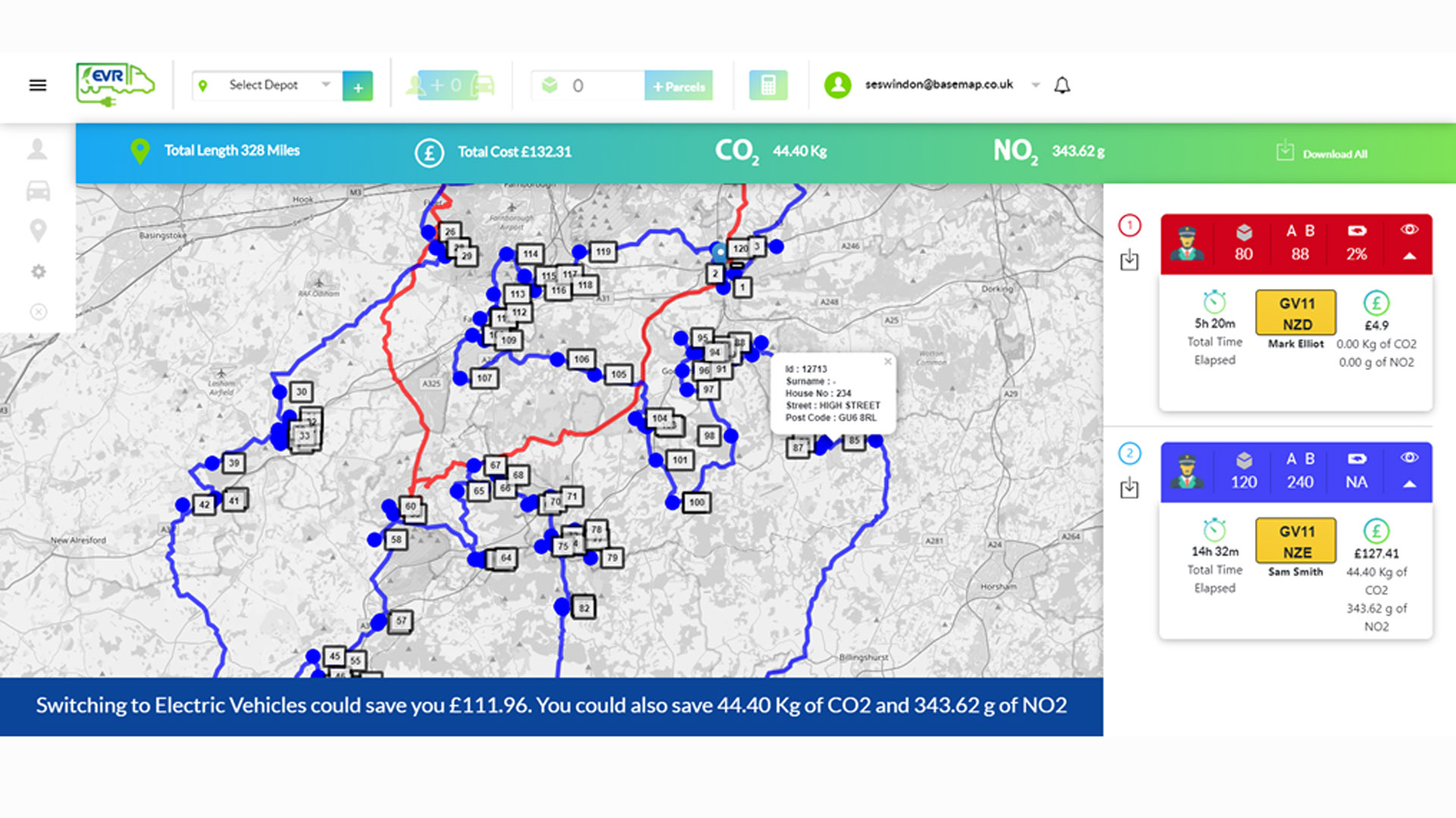Basemap is a UK-based company that is a specialist provider of digital mapping, travel time analysis and one that provides data solutions for the public sector.
Within its portfolio, the company has a browser-based application that helps companies make the switch to electric vehicles offering tools that can show how much energy is saved by using an EV instead of a traditional combustion fuelled vehicle. Its name: Electric & Autonomous Vehicle Routing Software, or EVR for short.
EVR was created in collaboration with UK leading experts in battery efficiency from The University of Surrey and uses Artificial Intelligence to accurately calculate routes.
TotallyEV reached out to Dan Saunders, Head of Products at Basemap to better understand what the company is doing and further, its outlook for the future.
Read next: MG ZS EV review: An affordable all-electric SUV
Could you explain how and when Basemap was formed?
Basemap Ltd. was formed 20 years ago, the founder Simon Court left his role in the private sector to set up a company that focuses on mapping consultancy. For the first decade, Basemap concentrated on reselling third-party software and data. In 2012, the decision was made to expand the company, by creating our own software and data solutions. In 2013 we released our first software version of TRACC and have not looked back since.
Read next: Extreme E to use off-grid hydrogen-powered EV chargers from AFC Energy
How did EVR expand on what Basemap had to offer?
Our TRACC software is a travel time analysis tool which looks at the creation of multi-modal journey times, a later product called Highways Analyst looked specifically at the creation of speed data for roads using GPS data from vehicles.
We had clients come and ask if these products could work together to help with electric vehicles. We spoke with customers to establish exactly what they wanted to know, and while the routing aspect was key, it was all about solving range anxiety. Just looking at average speed was not enough, we had to expand the factors that have an adverse effect on battery performance.
Buy a car phone mount on Amazon (Affiliate)
What is the company’s USP?
We have amazing staff with vast experience working with quite detailed transport datasets and have great links into industry and academia where of whom we can reach to for advice. We produce large national datasets for Ordnance Survey and the Department for Transport. As a company, we have a very good understanding of the technicalities around transportation data.
With routing, we have clients producing billions of calculations for projects with us, therefore handing large scale analysis is a challenge we relish; as a small organisation which is very much focussed on software development around transport, we have a great understanding of the market.
Read next: Superstrata debuts world’s first 3D-printed electric bicycle
Where do you source your data from?
This really depends on the tier and the sector; we receive data from commercial organisations such as Ordnance Survey, however, this is only available in Great Britain. We now have users looking to use the application abroad, hence, we have had to start broadening our search, looking at various lidar datasets from different countries to ensure accurate height models and using internationally-focused companies to help with the address look-up aspect of EVR.
When will customers be able to see automated telemetry?
We have a couple of prototype devices in two electric vehicles at the moment, from which we have been receiving some great data back, giving information on routes and battery levels. The problem has been that with lockdown, EVs have not been doing many miles, however, we hope to receive more data to help further enhance our range prediction algorithms.
Which types of companies will benefit from using EVR?
We have seen a real difference in our market, initially, we saw interest in small fleets where organisations are looking to switch to electric vehicles, but recently it has been used by companies to trial routes for their EVs. In the public sector, we have seen a constant adoption of low-emitting vehicles that we hope will continue. Sometimes, it comes down to how many clients they want to visit in one day; what is the best order/route and are they able to achieve this with their pool of vehicles.
Read next: Can we use sport as a platform for climate change?
How has development for EVR progressed since its inauguration?
We are still extremely confident of our results in the UK and have lots of data we can utilise, but we are now looking to expand this abroad. We have been focussing on ensuring that the application will work all over the world. Only last week I saw a demo of the system producing electric vehicles routes in North America, Italy and Singapore. In fact, we showcased EVR at the Intelligent Transport Systems Conference (ITSWC) in Singapore last year.
In the UK, we have been focussing on making more use of speed data and adding enhanced costings for low emission zones and toll roads. Some of the toll roads have proved hard to find hard costs for, we found one near Bath which seems to only charge 80p to cross, but seemed to only do this periodically, finding this data has been hard – but luckily it seems these are pretty static; you can’t move a toll bridge easily.
We did find the low emission zones have been delayed a lot due to COVID-19, where some cities were planning on bringing them in this year; it has now been pushed to 2021, and London itself removed all tolls for a period in April/May.
Buy a car phone mount on Amazon (Affiliate)
Are you working with the University of Surrey for any future projects? If so, what are they?
We have some ideas on what we could work on especially with different aspects of the algorithm that we use to group/cluster the parcels, there is a lot of work that can be done in this field and we are exploring all aspects of this area with our collaboration with the University of Surrey with Machine Learning and AI through our Knowledge Transfer Partnership (KTP) scheme.
The scheme is also part-funded by the UK’s innovation agency, Innovate UK. We are extremely passionate about this programme and are working really hard to enable Basemap to innovate and grow with the help of academic expertise – we are currently in the process of writing an academic report. We also have a few other projects that we have discussed, but nothing I can report on at the moment.

